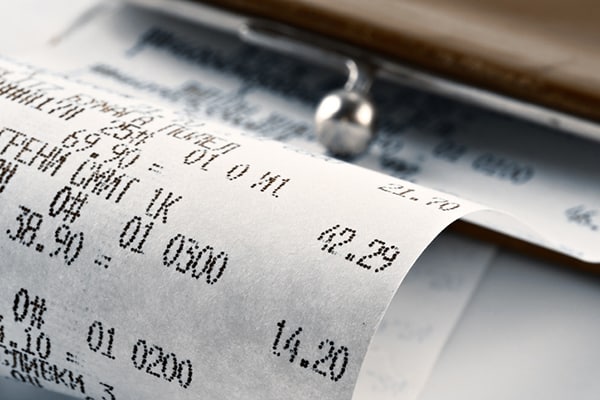By Keiter CPAs

By Andrea Gantz-Holly, Tax Senior Associate
Virginia traditionally has treated contractors for sales and use tax purposes as the taxable users and consumers of materials they purchase and install. Thus, they pay sales tax when they purchased their materials and do not charge sales tax to their customers. Prior to July 1, 2017, there was an exception to this rule for certain contractors who sold and installed the following items: fences, locks and locking devises, venetian blinds, window shades, awnings, storm windows and doors, floor coverings, cabinets, countertops, kitchen equipment, window air conditioning units, or other like items. This exception applied, however, only if these businesses (i) maintained a retail or wholesale place of business, (ii) maintained an inventory of these types of items, and (iii) performed installation as part of or incidental to the sale. These contractors were deemed retailers and were required to collect sales tax from their customers. Separately stated installation charges were exempt from tax. They could, however, purchase materials for exempt of the tax for resale. The tax treatment afforded these contractors/retailers was confusing for both taxpayers and tax auditors.
Legislation passed by the 2017 General Assembly, however, has removed the above exception. Going forward, businesses that sell and install the above types of items (except for locksmiths who will continue to be considered retailers) will be required to pay sales tax at the time of purchase on all items they are installing, the same as traditional contractors. No tax will be collected from customers. For businesses that keep inventory on hand as well as special order items, this change may create some confusion regarding purchases. For items they know they will be reselling and not installing, the business should buy on a tax exempt basis (and then collect the tax from the customer on the sales price). For items the business knows they will install, they should pay sales tax to their vendor on their purchases or self-assess and report use tax directly to the Department of Taxation. If the business is primarily a contractor and does not know whether the item will be sold at retail or installed, it should pay the sales tax to the vendor or self-assess use tax at the time of purchase. Then, if the item is sold at retail, it must collect sales tax on the sales price of the item and recover the amount of sales tax paid on such by taking a deduction on Line 3 of the sales tax return for the purchase price of the item. Clearly accurate documentation should be maintained for such transactions.
The Department of Taxation’s Guidance Document which provides additional clarifications on the issues may be found here.
If you have questions about this posting, please contact your Keiter representative or our State and Local Tax Team.
About the Author
The information contained within this article is provided for informational purposes only and is current as of the date published. Online readers are advised not to act upon this information without seeking the service of a professional accountant, as this article is not a substitute for obtaining accounting, tax, or financial advice from a professional accountant.



